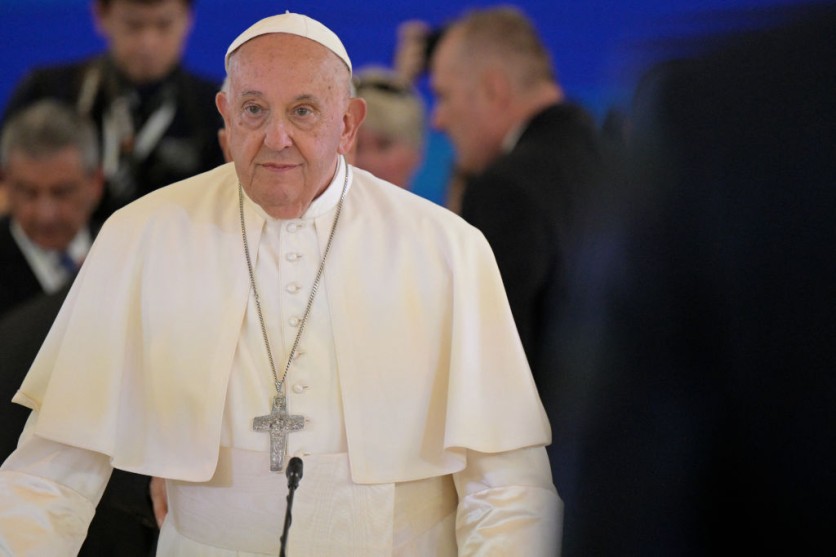Pope Francis made history by addressing the G7 summit, where he emphasized the importance of preserving human dignity in developing and applying artificial intelligence. As the summit host, Italy invited Pope Francis to speak at a dedicated session focused on AI's implications. This marked the first time a pope participated in a G7 summit.
Making History as the First Pope to Attend G7 Summit
Pope Francis urged leaders from wealthy democracies to prioritize human dignity in developing and using artificial intelligence. He cautioned that this powerful technology could reduce human relationships to mere algorithms.

Francis used his moral influence at the Group of Seven, invited by Italy to speak at a special session of their annual summit focused on the challenges and potentials of AI. This marked the first time a pope participated in the G7, providing an ethical perspective on a topic gaining prominence in global discussions among international summits, government policies, and corporate strategies.
As highlighted by the Associated Press, Francis emphasized that politicians must take the lead in ensuring AI remains centered around humanity. This means humans should always make decisions about using weapons or other tools.
Francis underscored the importance of preserving people's autonomy in decision-making, cautioning against a future where machines override human choices. He emphasized the need to establish and maintain human control over artificial intelligence programs, stressing that the essence of human dignity is at stake.
Addressing Pope Francis' Concerns
The final statement from the G7 summit largely echoed his concerns. Leaders pledged to improve coordination on the governance and regulations of AI, ensuring it remains "human-centered." They also recognized the potential effects on labor markets as machines replace human workers and on the justice system due to algorithms predicting recidivism.
They declared their commitment to a digital transformation that is inclusive and focused on people, promoting economic growth and sustainable development. Their goal is to maximize benefits while effectively managing risks, all guided by shared democratic values and respect for human rights.
Francis joined countries and global organizations at the summit in advocating for stricter regulations on AI, particularly in response to the rapid growth of generative AI exemplified by OpenAI's ChatGPT chatbot.
Earlier this year, the Argentine pope used his annual peace message to propose an international treaty ensuring the ethical development and use of AI. He argued that technology must incorporate human values like compassion, mercy, morality, and forgiveness to avoid significant risks.
While he didn't repeat this specific call during his speech, Francis emphasized the responsibility of politicians to take the lead. He also urged a complete ban on lethal autonomous weapons, often referred to as "killer robots," asserting that machines should never decide to take human lives.

ⓒ 2025 TECHTIMES.com All rights reserved. Do not reproduce without permission.
![Best Gaming Mouse For Gamers With Smaller Hands [2025]](https://d.techtimes.com/en/full/461466/best-gaming-mouse-gamers-smaller-hands-2025.png?w=184&h=103&f=6fd057ef777bd39251d4e7e82e9b23f1)


![Best iPads that Students Can Use in School [2025]](https://d.techtimes.com/en/full/461431/best-ipads-that-students-can-use-school-2025.jpg?w=184&h=103&f=516289300e12e9647ef3d5bd69f49b70)
